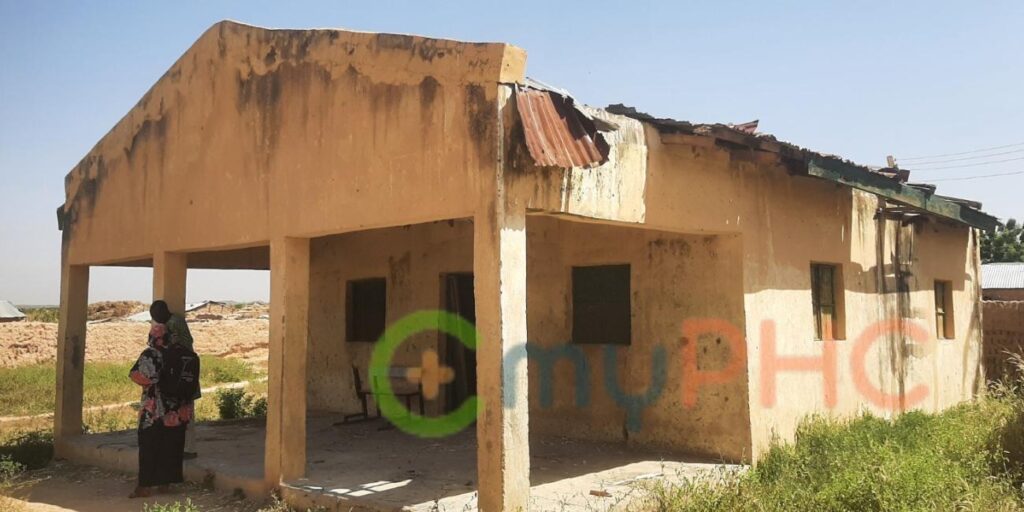A once-promising primary health center in Tangaza, Sokoto State, has been left to ruin, leaving 10,000 residents without access to basic healthcare services.
The Labsani Health Post, which was abandoned in 2018, stands as a stark reminder of the systemic failure of rural healthcare in Nigeria.
According to a report by Orodata Science, a civic-tech organization, the health post has zero functional areas, including no pharmacy, waiting area, restrooms, or power source. The facility also lacks basic medical supplies, including syringes, bandages, and gloves.
Nine Community Health Extension Workers (CHEWs) are officially assigned to the health post, but none are on-site. The facility has not seen a nurse, doctor, or midwife in years, forcing residents to travel far or do without essential healthcare services.
Orodata reports that the medical facility also lacks items like syringes, bandages and gloves.
The report added that there are no immunization services.
“Yet, it’s not the building that suffers—it’s the people. Mothers who need vaccines for their children must travel far or do without. Emergencies aren’t treated—they’re endured. Those who can afford to leave do so, while others stay back, helpless, praying for change,” a community member was quoted by the report.
She continued: “It’s not just a building to us. It’s supposed to save lives. Now, we don’t even bring our sick here. There’s no point.
“There’s no water here, no electricity—none of the basic elements needed to run a health centre. Even transport options to access the facility are nonexistent. The health post hasn’t been renovated, restocked, or staffed in half a decade.”
But even in the bleakness, Labsani represents something larger: the systemic failure of rural healthcare in Nigeria. It’s a glaring reminder of the promises made and left unfulfilled. Facilities like this don’t just fail—they erode trust. They turn hope into scepticism and leave communities to fend for themselves.
The report stated that the residents of Tangaza aren’t asking for much. They dream of a functional Labsani—where the doors open to greet patients, where health workers show up, where supplies arrive, and where care is not a luxury but a right.
“While we understand the government is fighting the issue of insecurity, this is a call to action for the governor of Sokoto State, Gov. Ahmad Aliyu, and the chairman of the Tangaza Local Government, Hon. Isah Salihu Bashir Kalanjeni, to urgently attend to this PHC as soon as possible, as it is already both a death trap and a shadow of itself for the communities that depend on it.
“For now, Labsani waits. It waits for its story to change. It waits for someone to care. It waits for revival. Until then, it remains a haunting monument to what could have been,” the report said.
Want to learn more about the state of primary healthcare in Nigeria? Check out my stories and insights on www.checkmyphc.org and explore the data yourself.


